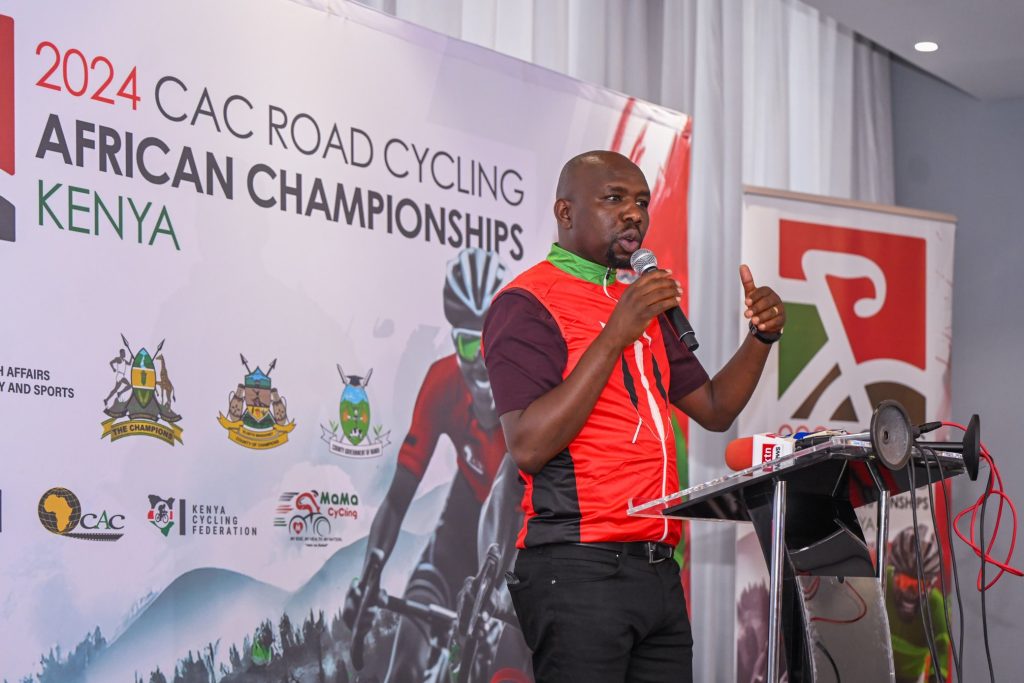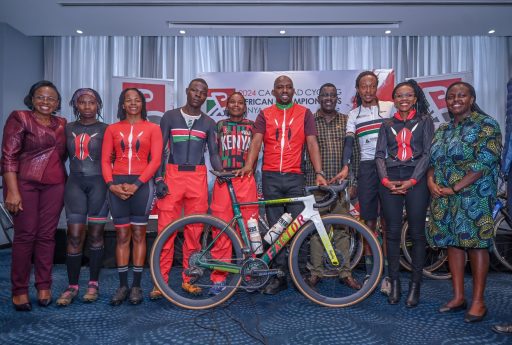


Kenya hosting its first-ever cycling tour is a monumental occasion for the country, marking a significant milestone in promoting cycling as both a sport and a way of life. This event not only showcases Kenya’s beautiful landscapes but also highlights its commitment to diversifying its sporting culture beyond traditional sports like athletics and football.
Here’s how Kenya could celebrate and appreciate this landmark event:
1. National Pride and Representation
- Flagging Off Ceremony: Organize a ceremonial flag-off with national and local dignitaries, athletes, and prominent public figures. The event could be broadcasted live on national television, showcasing the unity and pride that the tour brings to Kenya.
- Involvement of Kenyan Cyclists: Celebrate local Kenyan cyclists who will participate in the tour, encouraging young riders to pursue cycling as a competitive sport. Featuring local talent can inspire the next generation of cyclists.
2. Showcasing Kenya’s Scenic Beauty
- Race Through Iconic Landscapes: The cycling tour should pass through some of Kenya’s most beautiful and diverse landscapes. Routes could include:
- The Great Rift Valley
- The rolling hills of the Aberdare Range
- Tea and coffee plantations in central Kenya
- The Maasai Mara or Amboseli’s wildlife-studded plains
- Coastal routes near Mombasa and Malindi
- Promote Tourism: The cycling tour will provide international media exposure, promoting Kenya as a premier destination for sports tourism. The event can help Kenya highlight its eco-tourism and adventure travel opportunities.
3. Cultural Integration
- Incorporating Kenyan Culture: Before and after the race, local cultural performances (music, dance, and traditional ceremonies) can be part of the event, reflecting Kenya’s rich cultural diversity.
- Local Handicrafts and Food Stalls: Set up markets or exhibitions along the race routes where locals can showcase traditional arts and crafts, as well as local cuisine. This allows visitors and participants to engage with Kenyan culture firsthand.
4. Government and Corporate Support
- Message from Leaders: The President or other senior government officials can address the nation, emphasizing the importance of the tour in promoting sports and healthy living in Kenya. They can also commend the growing sports industry and recognize cycling as a way to build global ties.
- Corporate Partnerships: Kenyan companies and international sponsors can use this opportunity to promote their brands while supporting the development of cycling infrastructure in the country. These partnerships could extend to sponsoring local cycling clubs, building new cycle paths, or funding youth development programs.
5. Inclusivity and Community Engagement
- Amateur Participation: Along with the professional race, an amateur cycling event could be organized for locals and cycling enthusiasts from all over Kenya, allowing more people to participate in the historic event.
- Youth Cycling Programs: To ensure the growth of cycling, this event could be linked with the creation of community-based cycling programs, particularly in schools, to encourage cycling among young Kenyans.
- Cycling as Eco-friendly Transportation: The event could serve as a platform to promote cycling as an eco-friendly alternative to driving, highlighting the environmental benefits of cycling in urban areas such as Nairobi.
6. International Exposure and Legacy
- Attracting Global Attention: The tour will draw international cycling teams, media outlets, and fans to Kenya. It’s a chance to put Kenya on the global cycling map, similar to how the Tour de France promotes France.
- Inspiring a Cycling Culture: Hosting the event could be the first step toward establishing an annual cycling event in Kenya, promoting a national cycling culture. This can encourage further infrastructure development such as dedicated cycling lanes in cities, fostering a healthy, active lifestyle.
7. Post-Event Impact
- Awards and Celebrations: Recognizing the winners and key contributors to the event is essential. This could be done in a high-profile closing ceremony where athletes and officials are honored.
- Cycling Infrastructure Development: Post-event, there could be a focus on expanding cycling-friendly infrastructure such as bike lanes, cycling parks, and bike-sharing programs in urban areas to encourage the sport long after the event ends.
- Legacy for Future Generations: The first Kenyan cycling tour could lay the foundation for a long-lasting tradition, providing opportunities for future generations of Kenyan cyclists to compete on home soil and at international levels.
Conclusion
By embracing the first cycling tour, Kenya demonstrates its passion for expanding its sporting horizon, using the event to build national pride, boost tourism, and promote cycling as an essential part of its sports culture. This event could be a catalyst for Kenya’s cycling future, fostering a healthier, more active nation, and positioning Kenya as a new destination on the global cycling circuit.



